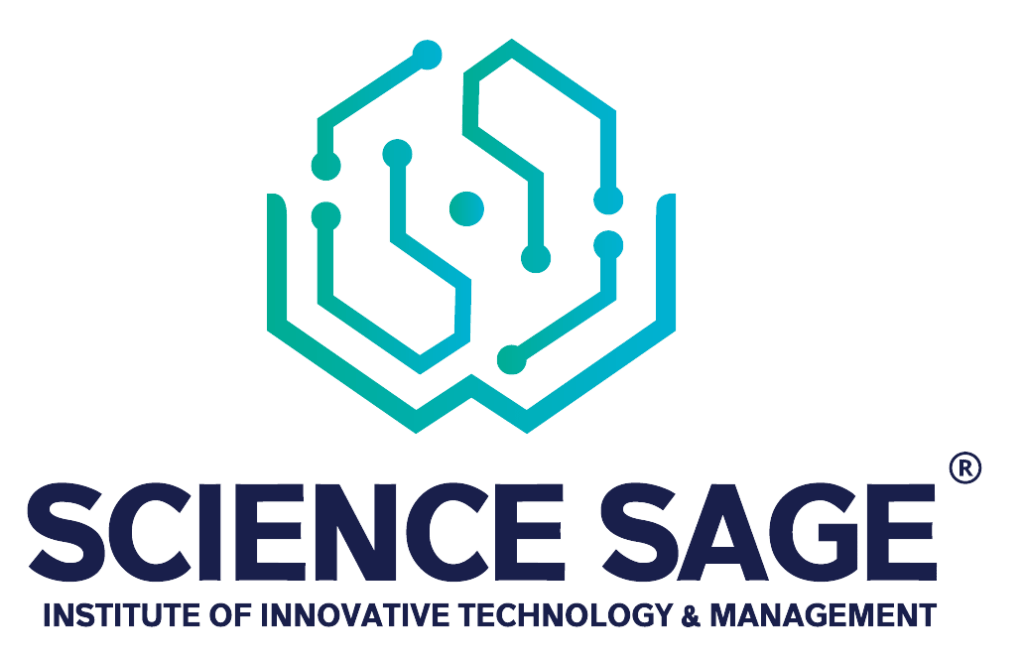- Prerequisites
- Higher Secondary Passed
- Course Duration
- 2 Years
The Diploma in Ophthalmic Assistance is a specialized program designed to train individuals to assist ophthalmologists in providing eye care services and performing diagnostic tests and procedures. Ophthalmic assistants play a crucial role in supporting eye care professionals in clinics, hospitals, and ophthalmic centers. Below is a detailed description of the program:

Course Overview
- Duration: The Diploma in Ophthalmic Assistance program typically spans one to two years, depending on the curriculum and institution offering the program.
- Curriculum: The curriculum covers a comprehensive range of subjects related to ophthalmic science, ocular anatomy and physiology, ophthalmic diagnostics, patient care, and ophthalmic procedures. Courses may include ocular anatomy and physiology, ophthalmic optics, ophthalmic imaging techniques, refraction and visual acuity testing, tonometry, visual field testing, and ophthalmic surgery assistance.
- Practical Training: Practical training is a fundamental component of the program, allowing students to gain hands-on experience in assisting with ophthalmic procedures and diagnostic tests. Under the supervision of experienced ophthalmic professionals, students learn to set up and operate ophthalmic equipment, prepare patients for examinations, perform ophthalmic tests, and provide pre- and post-operative care.
- Clinical Internship: Clinical internships or rotations in ophthalmology clinics and hospitals are typically included in the program to provide students with real-world experience in ophthalmic practice. During internships, students work alongside ophthalmologists, ophthalmic technicians, and other eye care professionals, assisting with patient examinations, procedures, and surgeries.
- Certification: Upon completion of the program, graduates may be eligible to pursue certification as Certified Ophthalmic Assistants (COAs) or in specific ophthalmic modalities (e.g., ophthalmic imaging, refractometry). Certification requirements vary by country or region, but obtaining certification demonstrates competency and enhances employment opportunities in the field.

Course Structure
- Core Subjects:
– Ocular Anatomy and Physiology
– Ophthalmic Optics and Refraction
– Ophthalmic Diagnostics and Imaging Techniques
– Tonometry and Intraocular Pressure Measurement
– Visual Field Testing and Perimetry
– Ophthalmic Surgical Assistance
– Ocular Pharmacology and Medications
– Patient Care and Communication in Ophthalmology
– Ophthalmic Ethics and Legal Issues - Specialization Electives (Sample):
– Ophthalmic Imaging and Photography
– Contact Lens Fitting and Management
– Low Vision Rehabilitation
– Ophthalmic Surgical Instrumentation
– Pediatric Ophthalmology and Strabismus
– Ophthalmic Electrophysiology
– Ophthalmic Laser Procedures
– Ocular Prosthetics and Ocularist Techniques - Practical Laboratory Sessions:
– Setting Up and Calibrating Ophthalmic Equipment
– Visual Acuity Testing and Refraction Techniques
– Tonometry and Intraocular Pressure Measurement
– Visual Field Testing and Interpretation
– Ophthalmic Imaging and Photography
– Assisting with Ophthalmic Surgical Procedures
– Medication Administration and Ocular Pharmacology - Clinical Internship:
– Rotations in Ophthalmology Clinics and Hospitals
– Hands-on Training in Ophthalmic Procedures and Testing
– Observation and Assistance in Patient Care Activities
– Interaction with Ophthalmologists and Eye Care Professionals
– Application of Ophthalmic Techniques and Skills in Clinical Practice

Key Skills Developed
- Ophthalmic Techniques: Proficiency in performing a variety of ophthalmic tests and procedures, including visual acuity testing, refraction, tonometry, visual field testing, ophthalmic imaging, and surgical assistance, using specialized ophthalmic equipment.
- Patient Care and Communication: Compassionate patient care skills and effective communication abilities to interact with patients, explain procedures, alleviate anxiety, and ensure patient comfort during ophthalmic examinations and procedures.
- Attention to Detail: Diligence in performing ophthalmic tests and procedures with precision, adhering to established protocols and safety guidelines, and ensuring accurate recording and documentation of test results for clinical interpretation.
- Interdisciplinary Collaboration: Collaboration with ophthalmologists, optometrists, nurses, and other eye care professionals in interdisciplinary teams to provide comprehensive eye care services and support patient diagnosis and treatment.
- Technical Proficiency: Mastery of ophthalmic equipment operation, maintenance, and troubleshooting to ensure optimal performance and reliability in conducting diagnostic tests and procedures.
- Ethical and Professional Conduct: Adherence to ethical standards and legal regulations in ophthalmic practice, maintaining patient confidentiality, and upholding professional integrity in all aspects of patient care and communication.

Career Opportunities
- Ophthalmic Assistant: Graduates of the diploma program can work as ophthalmic assistants in ophthalmology clinics, hospitals, eye care centers, and optical shops. They assist ophthalmologists and optometrists in conducting eye examinations, performing diagnostic tests, preparing patients for surgery, and providing pre- and post-operative care.
- Ophthalmic Technician: Some graduates may advance into roles as ophthalmic technicians, specializing in specific areas of ophthalmic testing or procedures, such as refractometry, tonometry, visual field testing, or ophthalmic imaging. They may work in specialized ophthalmic clinics or research laboratories.
- Optical Sales Representative: Ophthalmic assistants may pursue careers as optical sales representatives for ophthalmic equipment, devices, and pharmaceuticals. They provide product demonstrations, training, and support to eye care professionals and assist in marketing and sales activities.
- Ophthalmic Research Assistant: Graduates with an interest in research may work as research assistants in ophthalmology research laboratories or academic institutions. They assist scientists and researchers in conducting experiments, collecting data, and analyzing findings related to eye diseases, treatments, and vision correction techniques.
The Diploma in Ophthalmic Assistance prepares individuals for rewarding careers in eye care, where they can make a significant difference in promoting eye health, preventing vision loss, and improving the quality of life for individuals with eye diseases and disorders.
